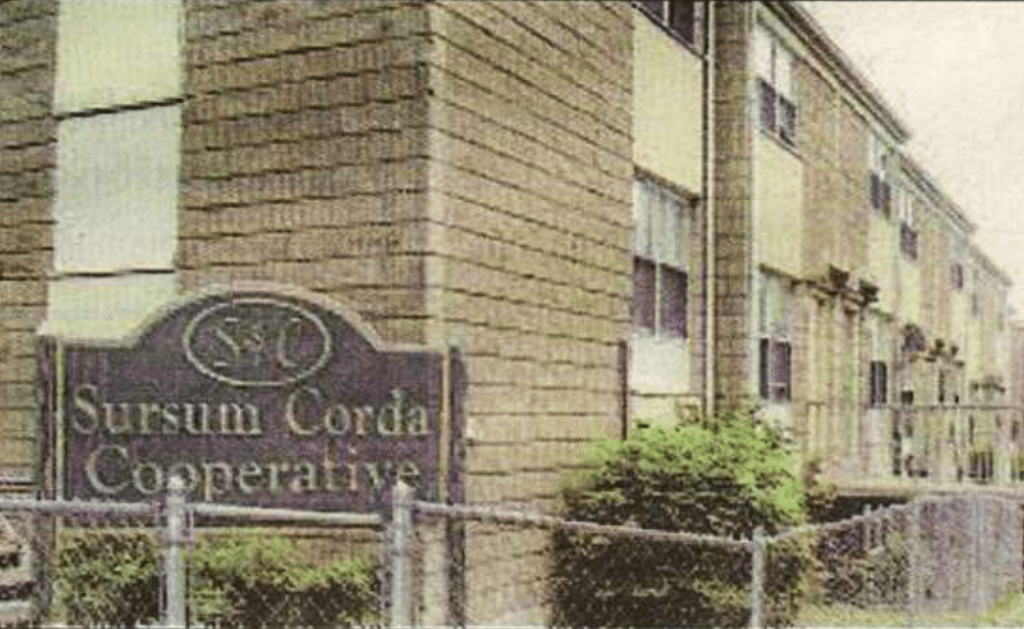In mid-May, the D.C. City Council approved the District’s budget for fiscal year 2006. And with a projected record operating budget surplus of $149 million, its version includes many new programs aimed at addressing housing and other social needs.
Titled Lifting All Communities, Mayor Anthony Williams’ proposed budget for fiscal year 2006 requests a total of $4.9 billion and about 10% of these funds are expected to go to the Department of Human Services, the main agency that supports the District’s low-income and homeless residents.
One of the most touted new initiatives is called New Communities, a program initially funded by excess budget monies and designed to improve housing and physical infrastructure in some of D.C.’s most troubled neighborhoods. The program, envisioned as a comprehensive community development program designed to address social and economic ills, would make the Sursum Corda Cooperative in Northwest its first target neighborhood.
New Communities would receive $55 million from the 2006 budget surplus, but long-term local funding for the project would come from new bonds backed by funds from the city’s Housing Production Trust Fund (HPTF).
The HPTF supports projects that create rental and ownership opportunities for low-income residents and currently underwrites more than 2,000 affordable housing units in six city wards. It was created in 1989 (though it was not funded until 2002) and is supported by deed recordation and transfer taxes. In fiscal year 2006, its funding is expected to total $53 million.
This is not the first-time debate has erupted over HPTF funding; in fact, proposals to securitize partial funds from the HPTD are quickly becoming a regular part of the yearly budget struggle. Observers say, however, that the HPTF is likely to receive full funding this year.
The New Communities initiative is also likely to receive full funding, since the Committee on Economic Development supports the program and recommended that it receive the $15.7 million requested by the Department of Housing and Community Development. Those monies would be added to the HPTF budget.
The Human Services Committee also directed the Department of Human Services to use capital funds to construct 100 units of apartment-style family housing. It recommended that the property at 13th and K streets, NW, which served as the Franklin School Shelter until the facility’s closing in November, be transferred from the Department of Economic Development to the Department of Human Services and that the site remain open for use as an emergency shelter.
As for homeless services, the Human Services Committee recommended including $5.5 million in capital funds in the budget for the Homeless No More plan, contingent on the presentation to the City Council of a detailed spending plan specifying locations, target populations, and other programmatic details. The source of these funds differs from the mayor’s budget, which recommended that this money come from the Housing Production Trust Fund. The mayor also asked for $1million less.
The committee argued that the HPTF already targets housing initiatives to low and very low-income households, making defunding it unnecessary. Adrian Fenty, committee chair, pointed out that “it would be irresponsible of the committee to turn {the funds} over, especially when the HPTF is proving so effective.”
Last year’s Department of Human Services budget was approved at $442.3 million. For fiscal year 2006, the mayor proposed a budget of $407 million, and the committee on Human Services recommended a final budget of $410 million. Although the difference between $442 and $410 is substantial, this reduction is actually due to the separation of the Youth Services Agency from the Department of Human Services. This change aside, the recommended budget for the department actually represents growth.
The Council’s version of the budget is now in the mayor’s hands, and once he signs it, as he is expected to do, it will go to Congress for final approval.








